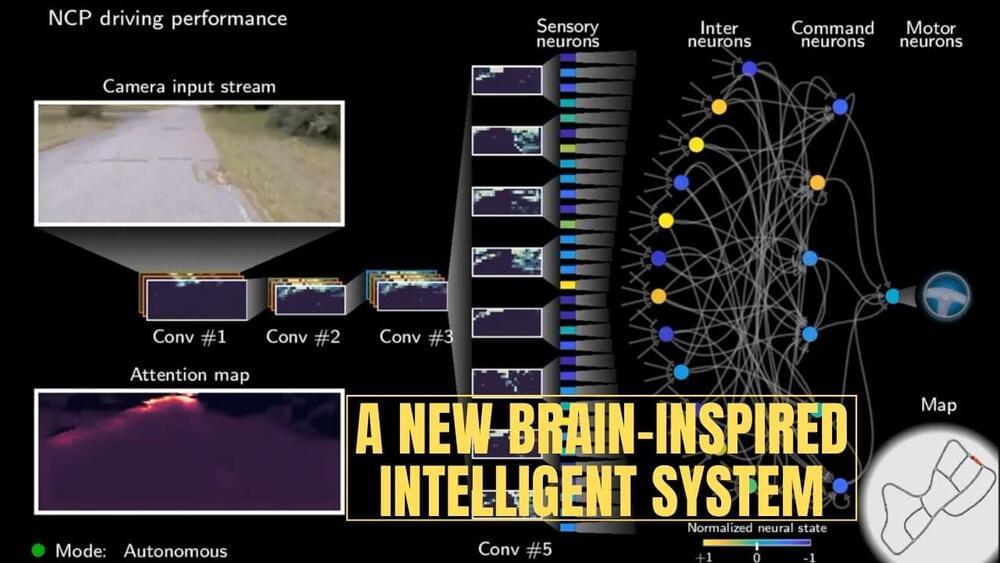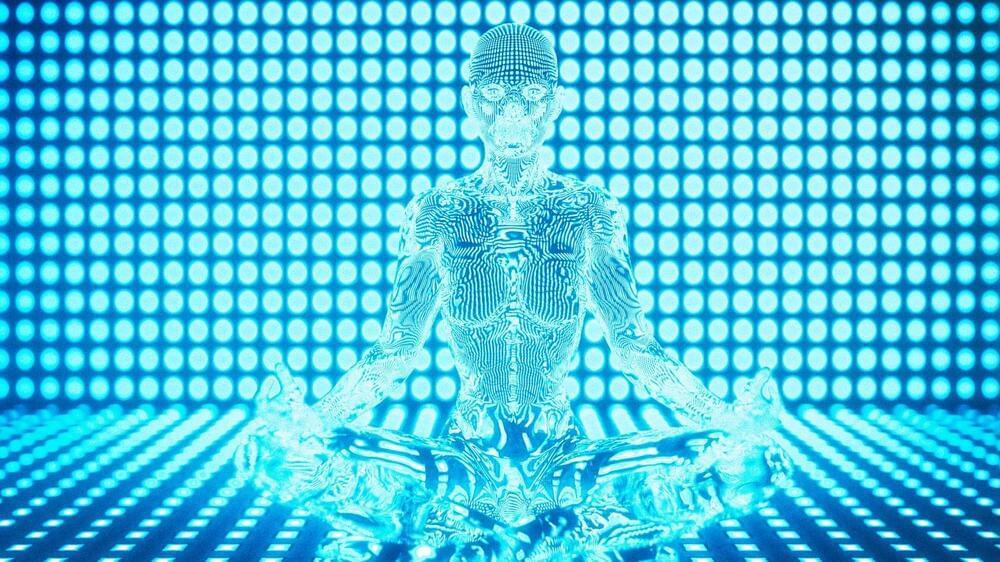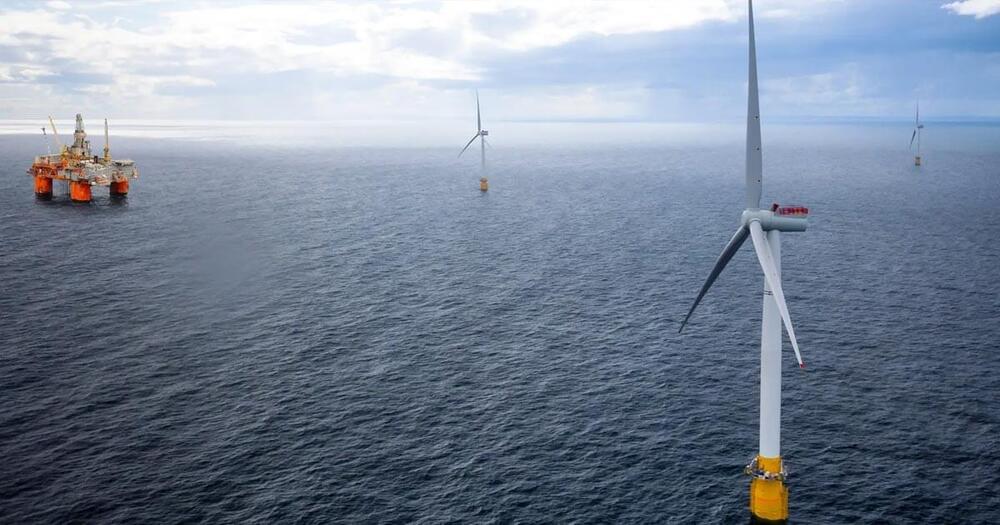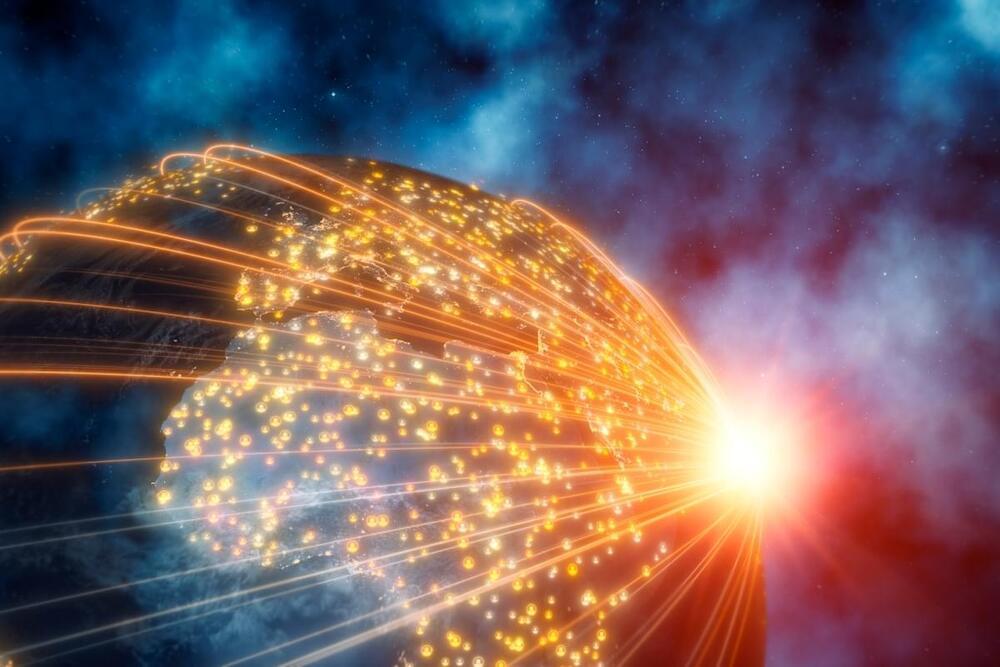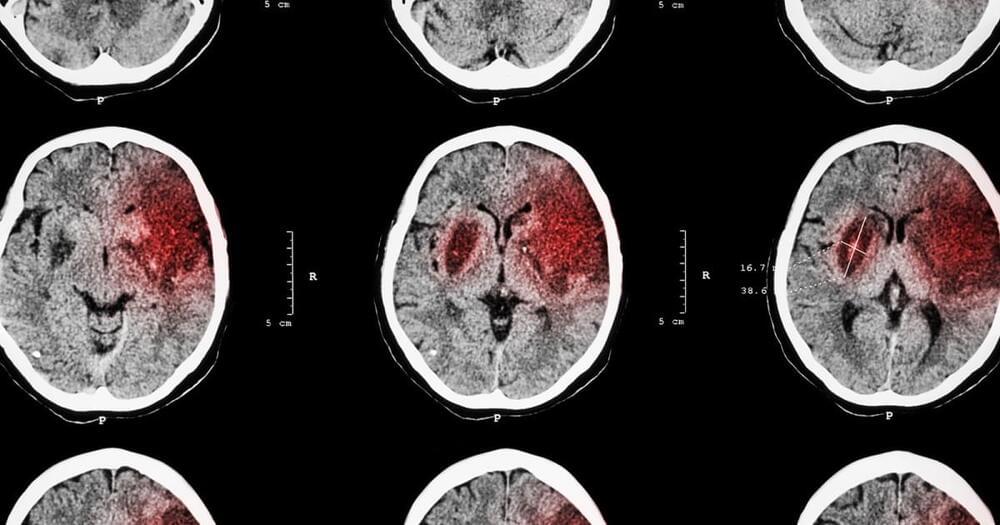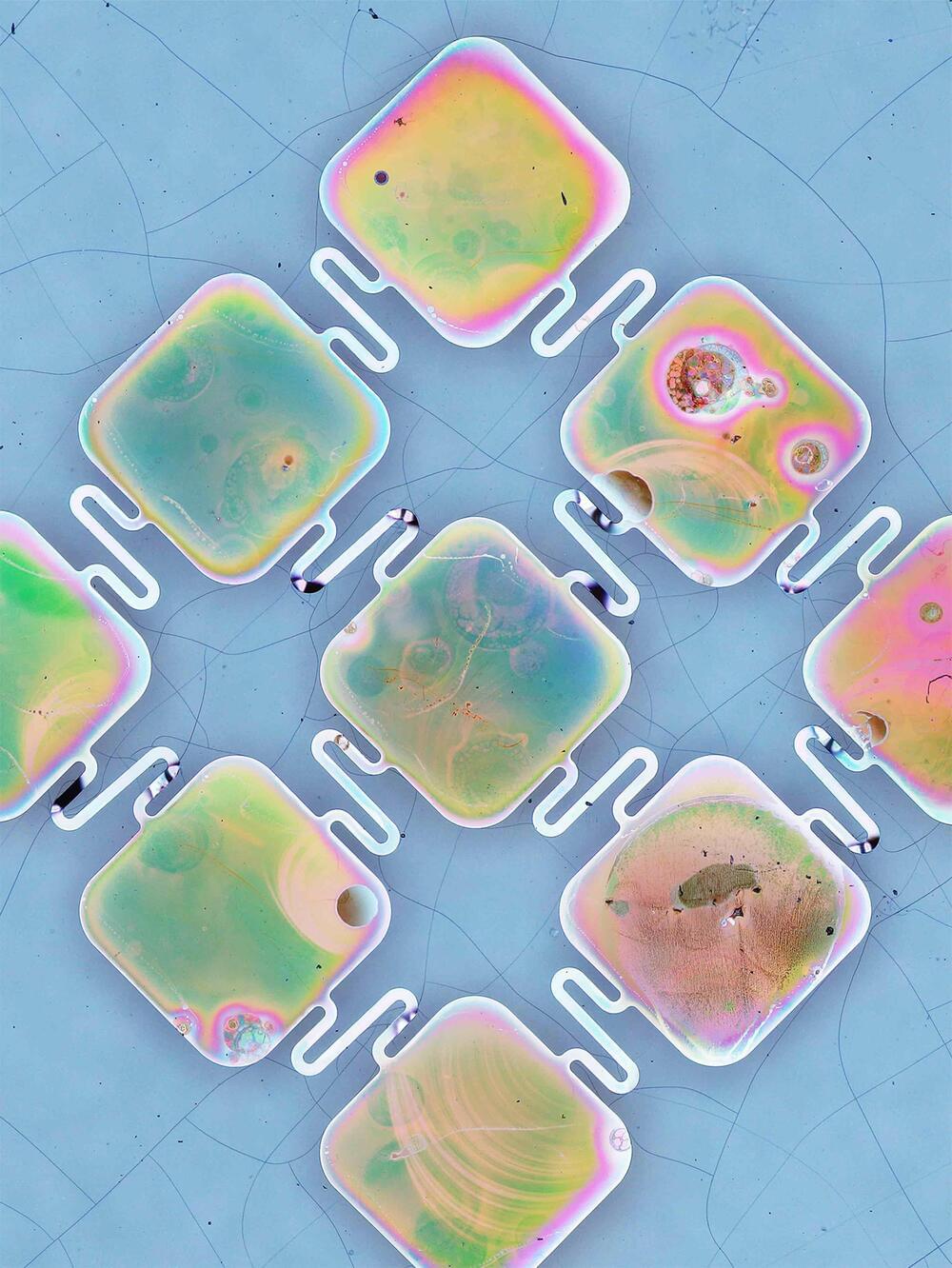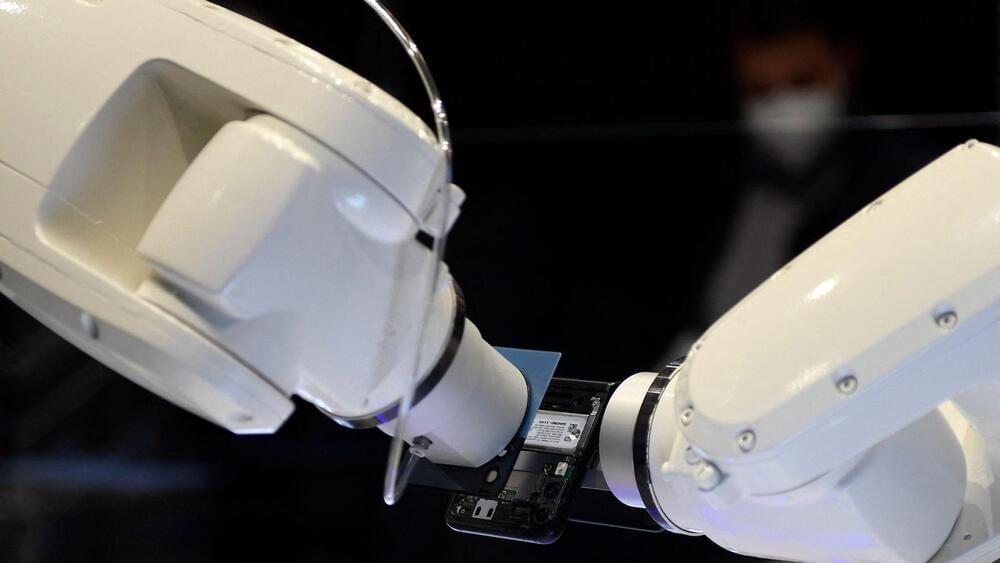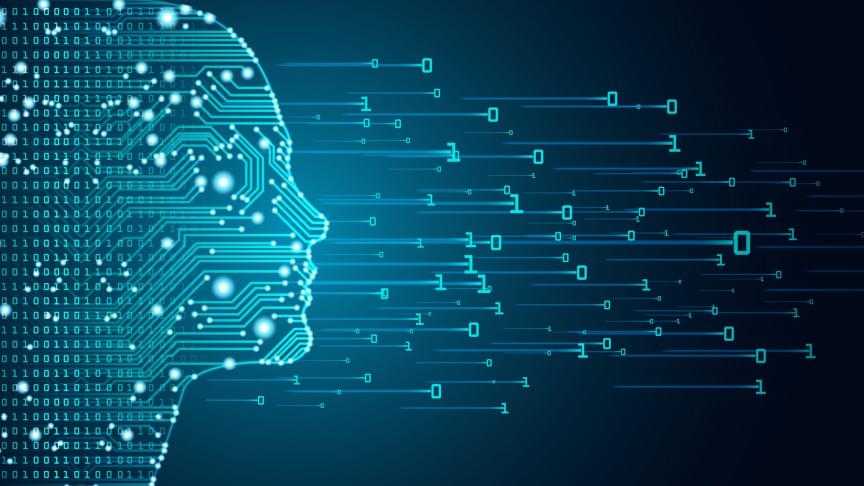Read the article:► https://medium.com/towards-artificial-intelligence/a-new-bra…d127107db9
Paper:► https://www.nature.com/articles/s42256-020-00237-3.epdf.
Watch MIT’s video:► https://www.youtube.com/watch?v=8KBOf7NJh4Y&feature=emb_titl…l=MITCSAIL
GitHub:► https://github.com/mlech26l/keras-ncp.
Colab tutorials:
The basics of Neural Circuit Policies:► https://colab.research.google.com/drive/1IvVXVSC7zZPo5w-PfL3…sp=sharing.
How to stack NCP with other types of layers:► https://colab.research.google.com/drive/1-mZunxqVkfZVBXNPG0k…sp=sharing.
Follow me for more AI content:
Instagram: https://www.instagram.com/whats_ai/
LinkedIn: https://www.linkedin.com/in/whats-ai/
Twitter: https://twitter.com/Whats_AI
Facebook: https://www.facebook.com/whats.artificial.intelligence/
Medium: https://medium.com/@whats_ai.
The best courses to start and progress in AI:
